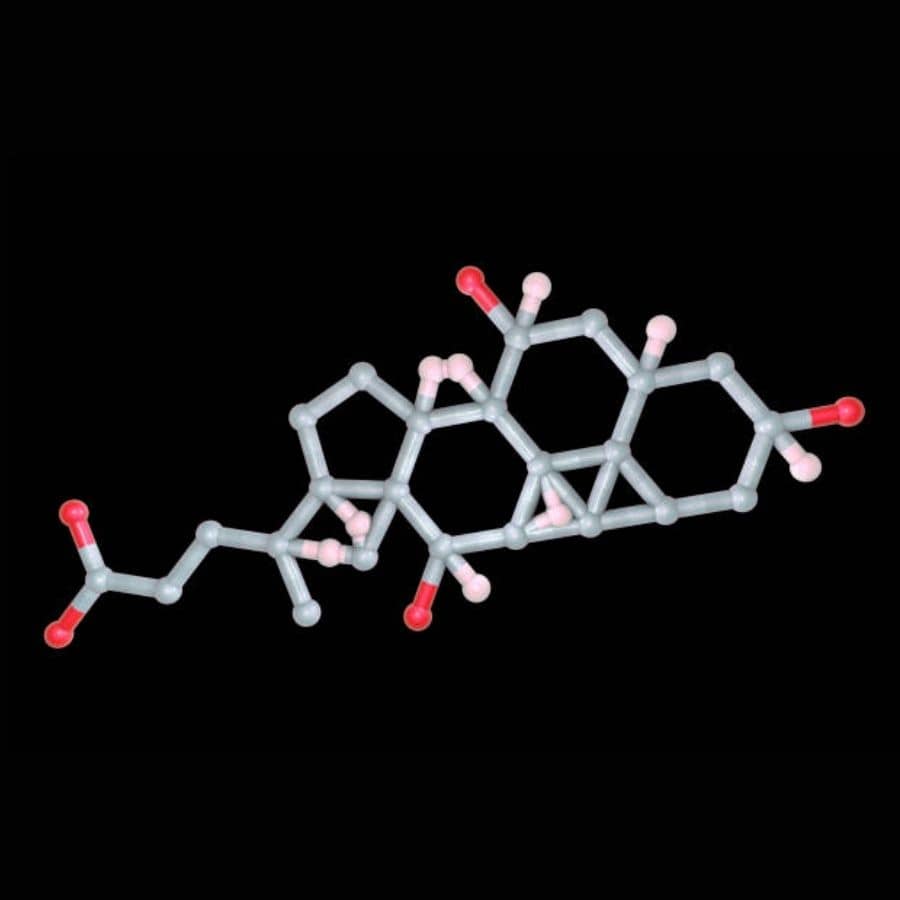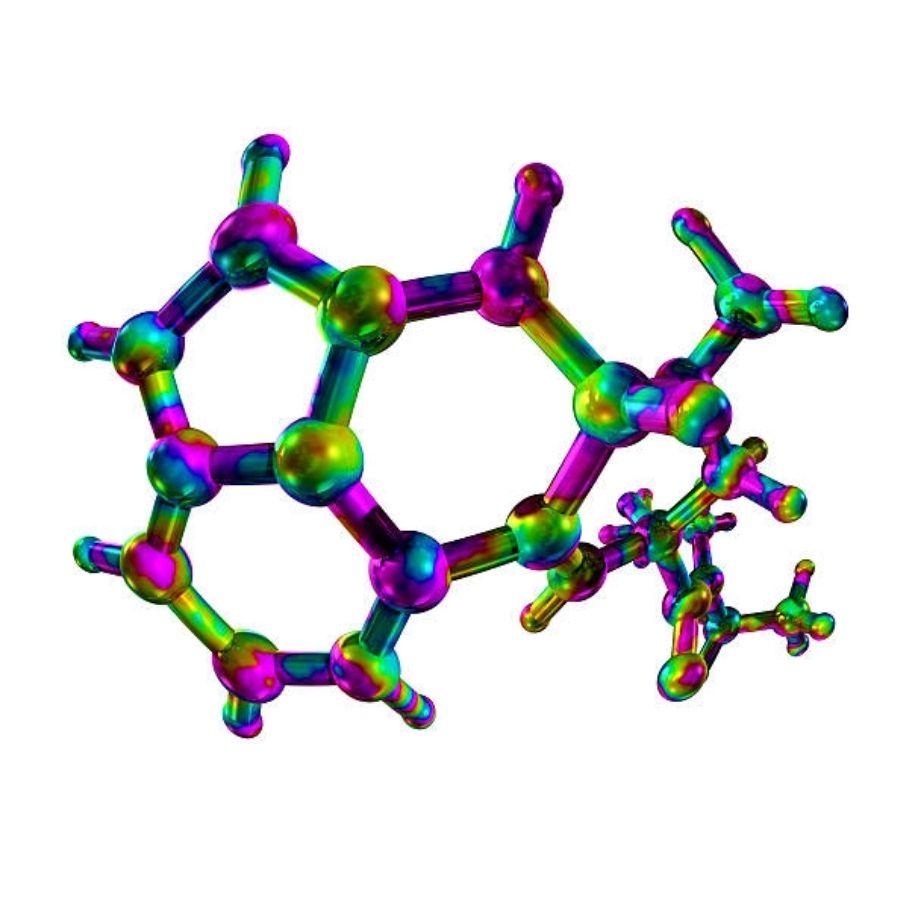Cortisol And The Circadian Rhythm

In tune with the day-night cycle, the vast majority of living organisms follow a fixed circadian rhythm that regulates all of their functions, from sleep to body temperature.
Table of Contents
- Biological Clock: What If Stress Punctuated Our Brain Activity?
- The Key Role Of The Stress Hormone In The Variation Of Brain Activity During The Day
Biological Clock: What If Stress Punctuated Our Brain Activity?
A study from the University of Copenhagen shows that when it comes to the brain, the circadian rhythm is regulated by a specific hormone – cortisol, or the stress hormone. Thus this hormone – with probably others – plays a determining role in the regulation of our cerebral activity during the day.
This discovery, presented in the Journal of Neuroendocrinology, helps to explain the link between irregular circadian rhythms and certain mental health disorders, including depression and it opens the way to possible new therapies.
In the brain, clock genes are particularly active in a specific area, located at the crossroads of the optic nerves – which send signals light to the brain concerning the level of surrounding. This area, the suprachiasmatic nucleus, seems in turn to regulate the rhythm of other cerebral areas, notably the cerebellum and the cerebral cortex. But how? Because these 3 areas are not directly connected by neural networks.

The Key Role Of The Stress Hormone In The Variation Of Brain Activity During The Day
The Copenhagen neuroscientists, therefore, investigated how the brain’s circadian rhythm was globally controlled. Their research, conducted in rats – a very good model of the human hormonal system – demonstrates for the first time the key role of signaling agents in the blood, such as corticosterone, a stress hormone. In humans, corticosterone is known as cortisol.
Removing the clock area in the brain:
The experiment involved removing the suprachiasmatic nucleus from several rats, which suppressed any circadian rhythm in these animals. Their body temperature and activity level shifted from circadian oscillations to a more stable state.
The production of hormones, normally rhythmic depending on the time of day, has also stabilized. However, when the researchers injected corticosterone using a micro-pump programmed for different doses at different times of the day and night, in phase with the animal’s natural rhythm, the clock genes in the cerebellum, even without the suprachiasmatic nucleus regained activity.
The stress hormone therefore seems to determine our cerebral biological rhythm. “ This is extremely interesting from a scientific point of view because it means that we have two systems – the nervous system and the hormonal system – which communicate perfectly and influence each other. All this during the 24-hour cycle of the day ”.
This is not the first study to highlight the key role of glucocorticoids on the rhythmic expression of clock genes. One study had even suggested the use of glucocorticoids to synchronize or reset all our peripheral clocks in sync with the central clock.
Check out this cortisol related article: A Smartphone Cortisol Test – Is that possible?
The implications are important both because these findings help explain the strong link between clock dysregulation, sleep disturbances, and mental illness, including depression.
Then, they open the hope of treating, in a hormonal way, the disorders associated with the irregularities of the circadian rhythms of the body. But cortisol is probably not the only hormone involved and the next step will be to better understand the action of other rhythmic hormones, including the hormones of the thyroid gland.
SOURCES:
Replication Of Cortisol Circadian Rhythm: New Advances In Hydrocortisone Replacement Therapy